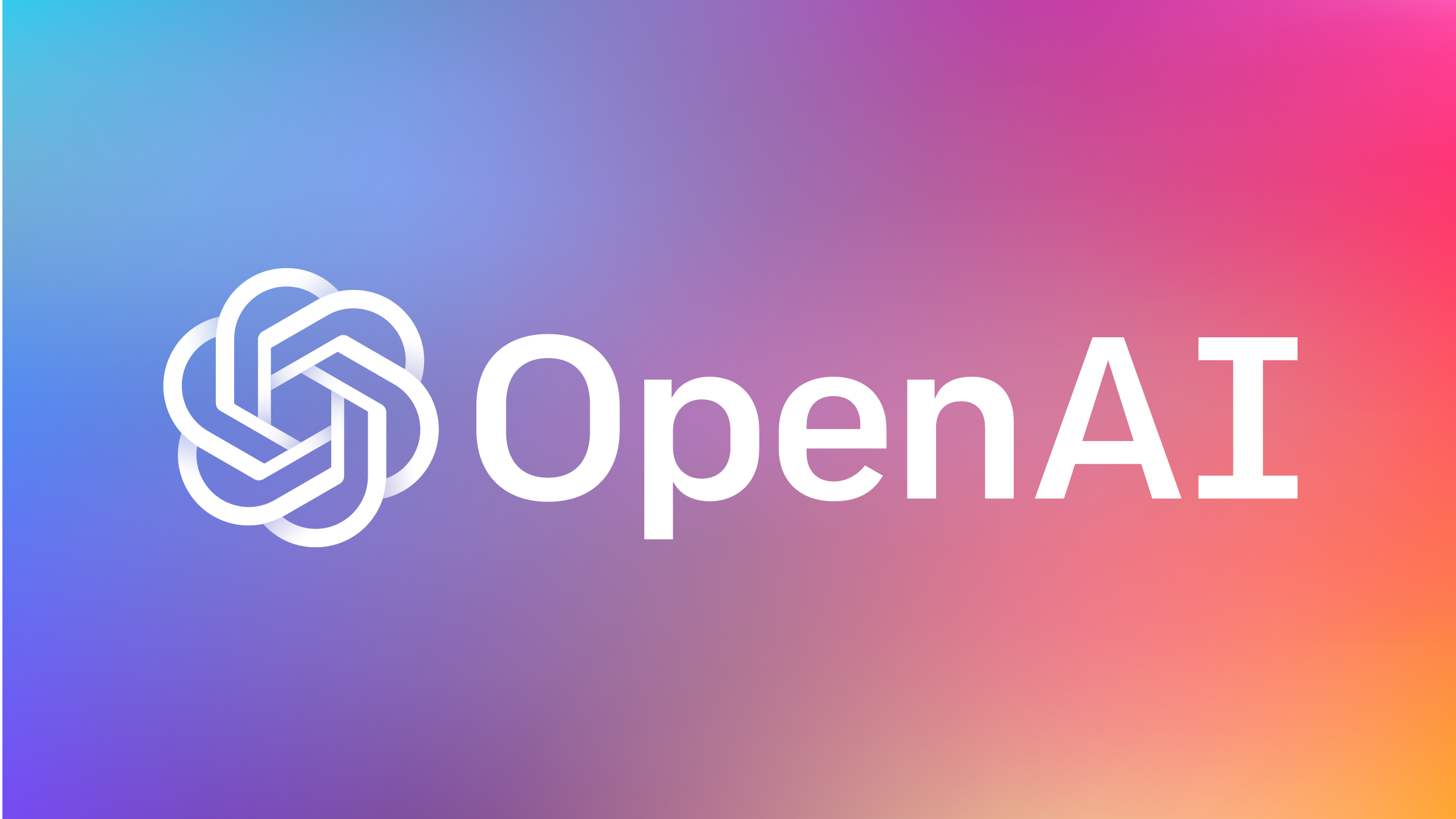
OpenAI Launches Global Initiative to Support National AI Infrastructure
In a bold step toward global AI collaboration, OpenAI has announced a new initiative designed to assist countries in developing their own artificial intelligence (AI) infrastructure. This global program aims to empower governments to build localized AI systems that reflect democratic values and local cultural contexts—while fostering innovation in critical sectors like healthcare, education, and public service.
Through partnerships with interested nations and in coordination with the U.S. government, OpenAI plans to offer technological resources, guidance, and infrastructure support. The program includes building regional datacenters and creating localized versions of OpenAI’s powerful language models—such as ChatGPT—to ensure accessibility across various languages and cultural nuances.
The announcement comes as global competition in AI intensifies, with alternative models from countries like China gaining traction due to cost-effectiveness and rapid scalability. OpenAI’s move signals a strategic effort to offer a democratic alternative to more centralized or authoritarian approaches to AI governance and deployment.
“AI infrastructure is no longer a luxury—it’s a foundation for future national growth and sovereignty,” OpenAI stated. The initiative seeks to ensure that countries around the world have the ability to shape AI tools that align with their values, privacy standards, and social goals.
Financial collaboration is also a key element of the program. Partner nations will invest in the initiative alongside OpenAI, contributing to a larger framework known as the Stargate Project—a U.S.-led effort to assert global leadership in responsible AI development.
By promoting transparency, local customization, and open collaboration, OpenAI’s new venture could redefine how AI is integrated at a national level—providing a counterbalance to rising concerns about AI misuse and centralized control.
This effort highlights the growing recognition that AI is not just a technological asset, but a strategic tool that can shape the socio-economic future of nations across the globe.



